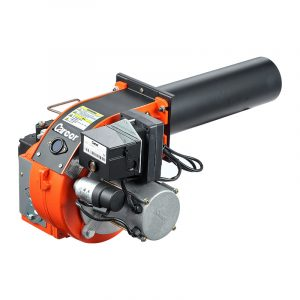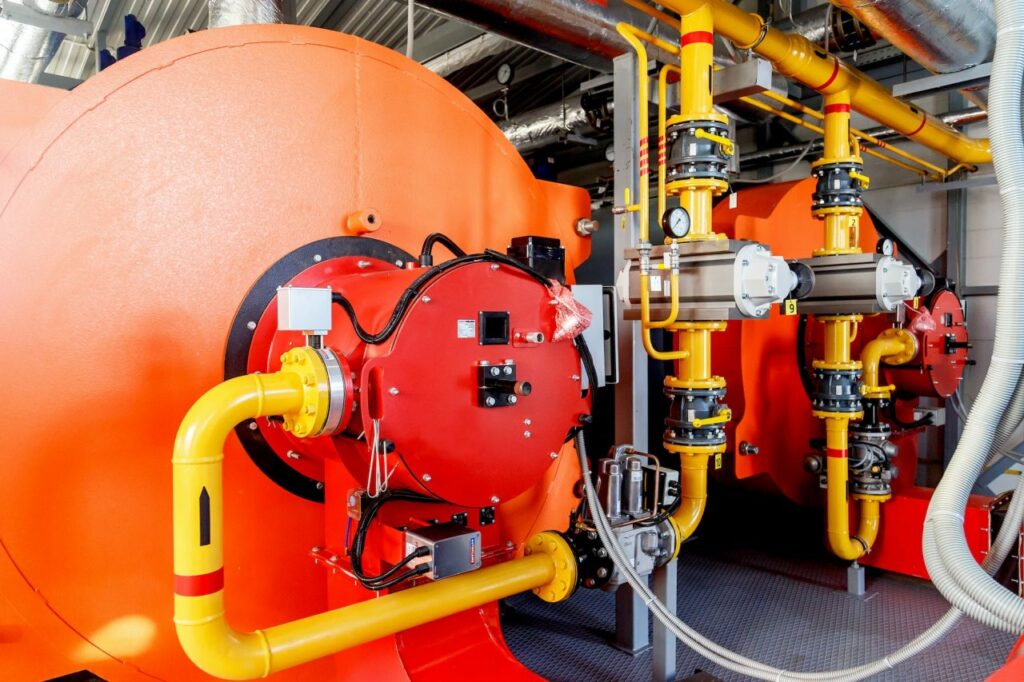In our work at Career Burner, we often speak with engineers, technicians, and plant managers who want to know how to optimize their oil fired burner systems. Two common terms that come up are “thermal capacity” and “combustion efficiency.” While both impact performance, they reflect different aspects of burner operation. Understanding their distinctions is essential for achieving operational excellence and lowering fuel costs.
Understanding Thermal Capacity
Thermal capacity refers to the maximum heat output an oil fired burner can deliver, usually measured in BTU/hr or kW. This figure helps us determine whether a burner can meet the thermal demand of a specific application, such as industrial ovens, boilers, or drying systems. A burner with higher thermal capacity can serve larger systems or run at lower duty cycles, depending on the process requirements.
At Career Burner, we work closely with our clients to evaluate thermal capacity based on real-world demands. Oversizing a burner may seem like a good idea, but it often leads to inefficiencies and higher maintenance. We guide customers in choosing the right size for their operations—not just the biggest model.
Combustion Efficiency: Why It Matters
While thermal capacity defines potential power, combustion efficiency tells us how effectively that power is used. A highly efficient oil fired burner converts more fuel into usable heat with fewer emissions. Poor combustion, on the other hand, leads to wasted energy, carbon buildup, and environmental penalties.
We at Career Burner design burners that aim to balance these two factors. Our systems include advanced control features that adjust air-fuel ratios, helping customers maintain consistent combustion efficiency. This not only cuts fuel expenses but also supports compliance with emission regulations.
Choosing the Right Balance
It’s not about chasing the highest numbers; it’s about finding the right match for your system. Selecting an oil fired burner based solely on thermal capacity can overlook the long-term cost implications of low combustion efficiency. Likewise, a highly efficient unit that doesn’t meet thermal demands can limit production.
That’s why we help clients compare models using real performance data, not just spec sheets. With Career Burner’s support, operators can achieve optimal energy use and system reliability without overextending budgets.
Conclusion
For any facility running an oil fired burner, understanding the balance between thermal capacity and combustion efficiency is essential. At Career Burner, we take pride in offering expert guidance and reliable products that meet both criteria. Our mission is to help customers reduce waste, improve performance, and make informed equipment decisions. Don’t just install a burner—optimize your entire heating process with us.




